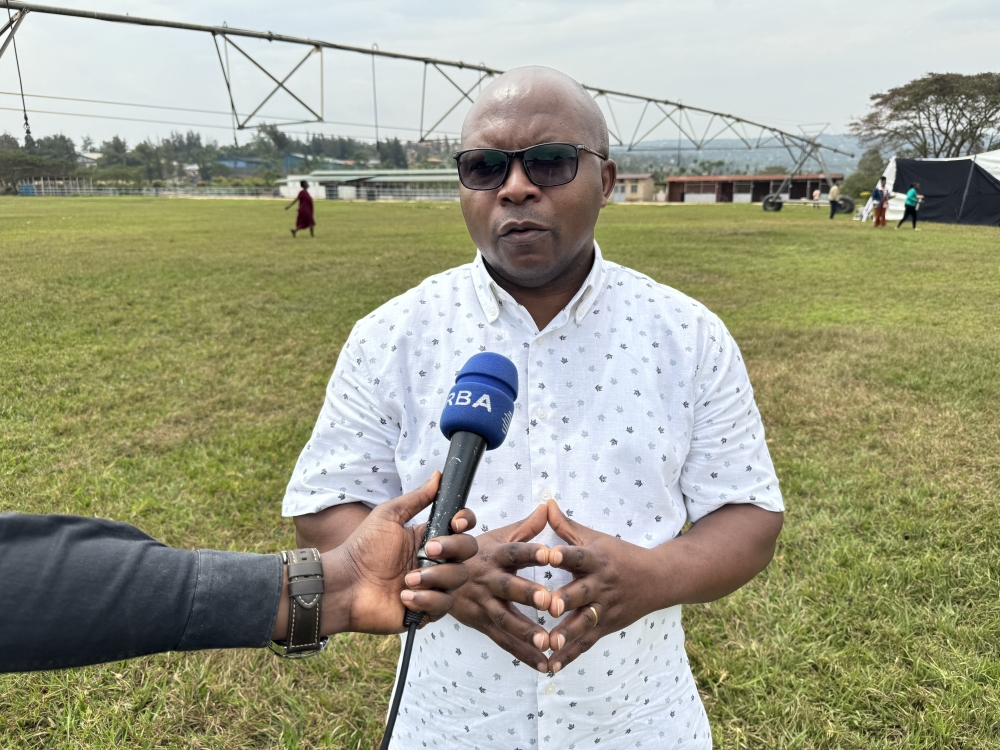TEHRAN — President Mahmoud Ahmadinejad arrived in Cairo on Tuesday as Iran’s first leader to visit Egypt since the two nations ended diplomatic relations in 1980, another sign of the regional shifts triggered by the Arab Spring.


TEHRAN — President Mahmoud Ahmadinejad arrived in Cairo on Tuesday as Iran’s first leader to visit Egypt since the two nations ended diplomatic relations in 1980, another sign of the regional shifts triggered by the Arab Spring.But although the countries’ ties have thawed since the overthrow of Egyptian autocrat Hosni Mubarak, key differences — including opposing views on the conflict in Syria — make the prospect of fully restored relations distant.Those differences were momentarily put aside as Ahmadinejad descended from his plane and was greeted by kisses from Mohamed Morsi, Egypt’s Islamist president. The two walked down a red carpet, flanked by government dignitaries as both countries’ national anthems played. Inside the Cairo airport, according to state-run news media, they discussed ways to strengthen relations and resolve the Syrian crisis.Iran cut off diplomatic relations with Egypt in 1980 over the latter’s recognition of Israel, and Mubarak, who cultivated ties with the West, was deeply suspicious of Tehran’s influence. But Morsi traveled to Iran in August for a Non-Aligned Movement meeting, and Iran’s supreme leader, Ayatollah Ali Khamenei, has begun advancing the idea that Iran’s 1979 revolution was, as he put it last summer, "a role model for these popular movements” that have risen up during the Arab Spring.As he left Tehran for Cairo, where he is scheduled to attend an Islamic conference, Ahmadinejad told reporters that his purpose was to "try to prepare the grounds for cooperation between the two great nations of Iran and Egypt.” The countries, both of which are seeking wider regional influence, have reasons to build relations.Their governments share opposition to Israel and intense interest in the Syrian conflict. Morsi, seeking to blaze a foreign-policy trail starkly different from Mubarak’s, has vowed to make domestic and international decisions independent of pressure from Washington. Iran, a Shiite-majority country in a region where Sunni Islam is ascendant, is looking to forge new alliances as its traditional ones — a disintegrating Syria and the Palestinian militant movement Hamas, which has distanced itself from Iran — falter.The toppling of Arab dictators and rise of Islamist political parties have also cost Iran some of its regional cachet as a Muslim country willing to stand up to the West, said Trita Parsi, president of the National Iranian American Council in Washington."The street isn’t as far removed from the state anymore,” Parsi said, referring to the democratic election of leaders such as Morsi, who long held senior positions in the Muslim Brotherhood, a Sunni organization. "So far, the rise of these Islamic parties has not lived up to Iran’s hopes or expectations. They have come to power not to be led by Iran but to lead themselves.”Analysts say Morsi is eager to avoid stoking opposition from even stauncher Egyptian Islamists or unnerving Iran-wary allies such as the United States and Persian Gulf monarchies, and is likely to play down the importance of the Iranian president’s visit, analysts say.Agencies




